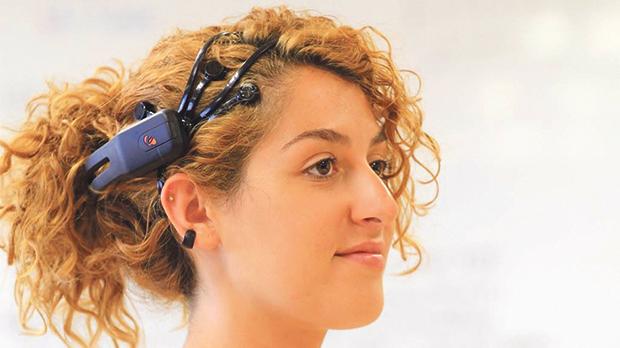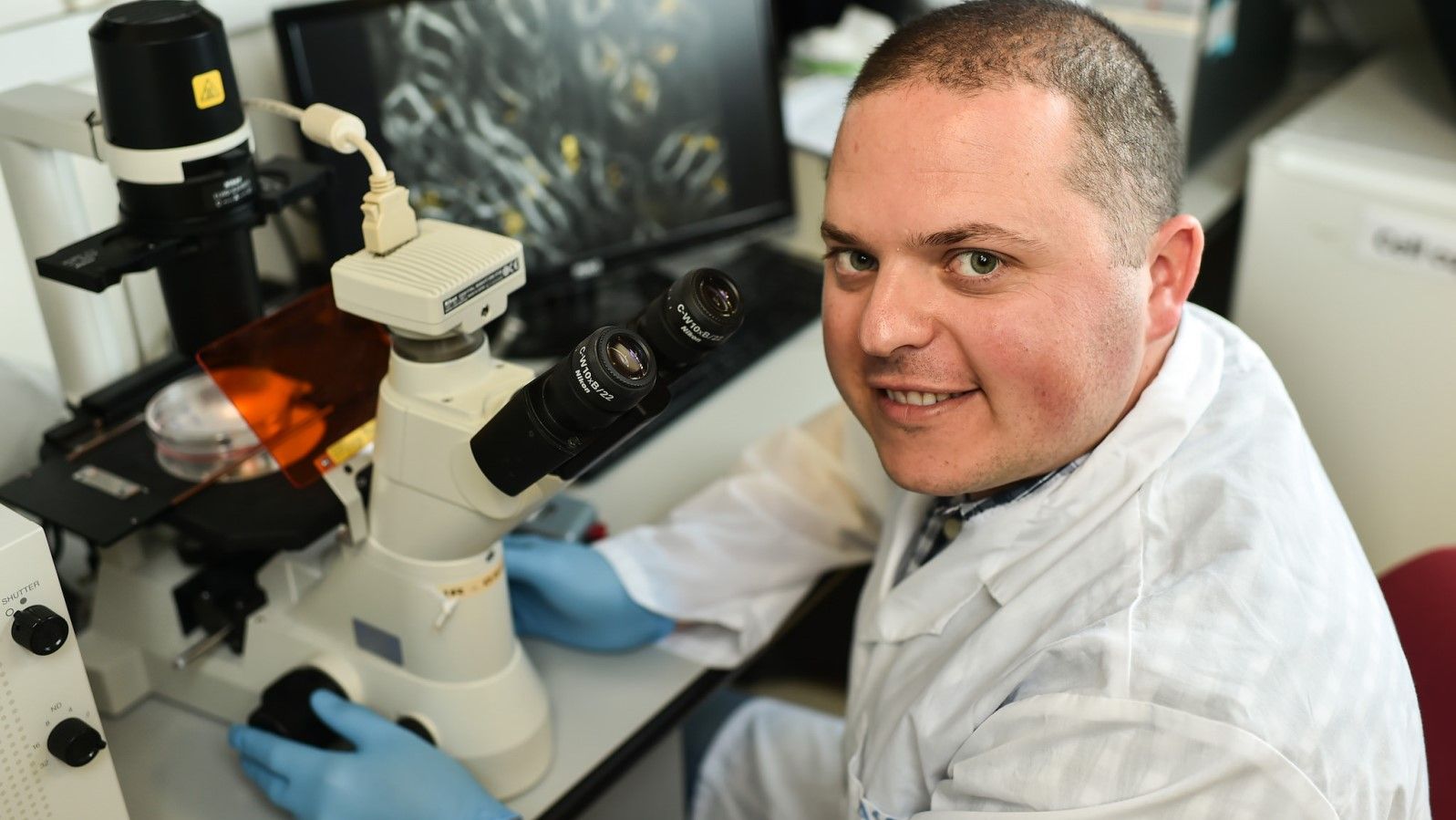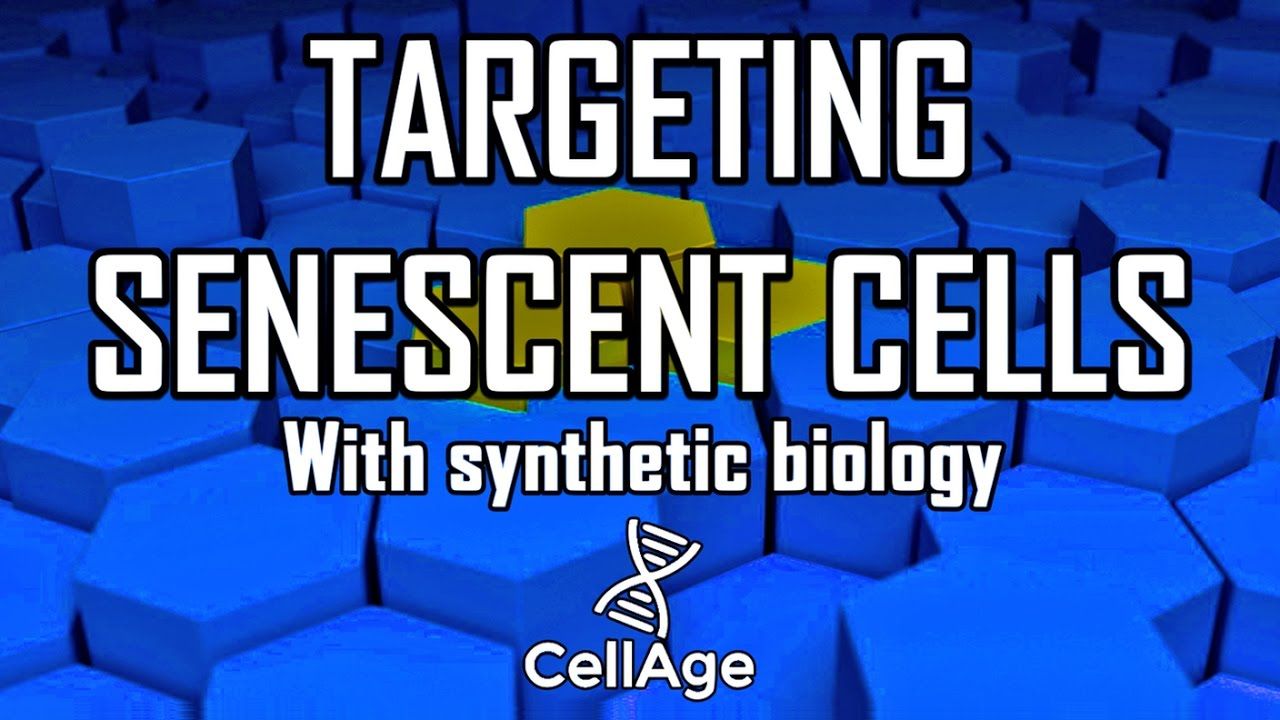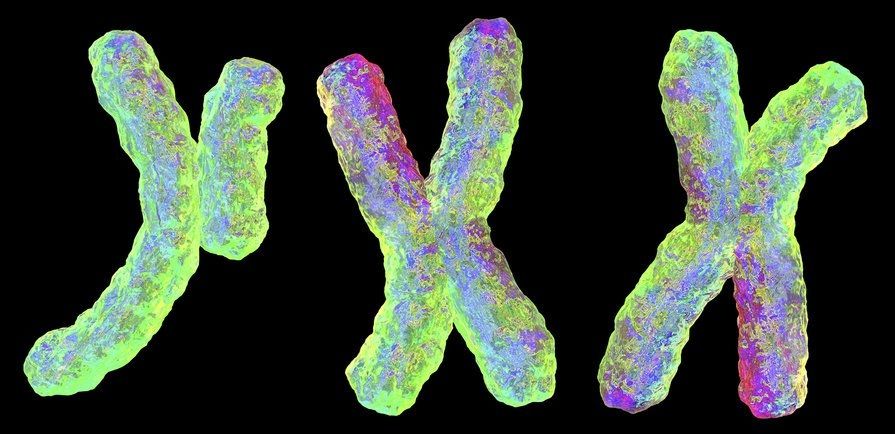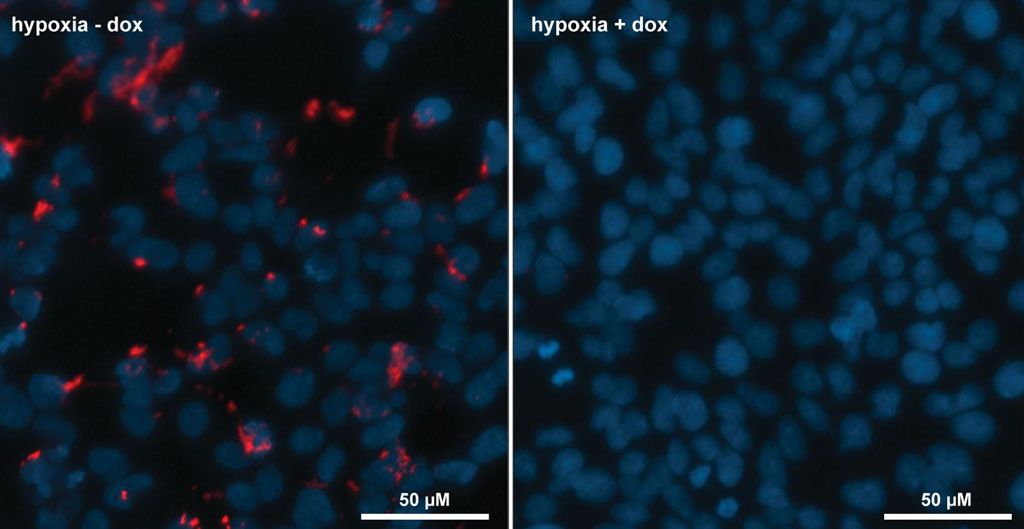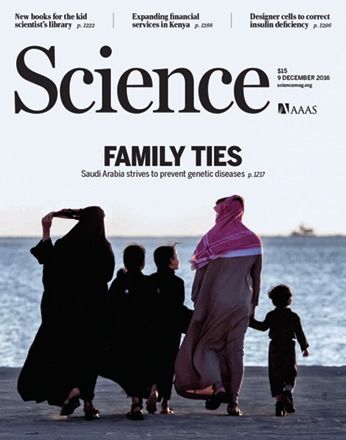Dec 11, 2016
Connecting through the brain
Posted by Karen Hurst in categories: biotech/medical, computing, neuroscience
Excellent overview on BMI technology.
Less than a century ago, Hans Berger, a German psychiatrist, was placing silver foil electrodes on his patients’ heads and observing small ripples of continuous electrical voltage emerging from these. These were the first human brain waves to ever be recorded. Since Hans Berger’s first recordings, our knowledge on the brain structure and function has developed considerably. We now have a much clearer understanding of the neuronal sources that generate these electrical signals and the technology that is now available allows us to get a much denser and accurate picture of how these electrical signals change in time and across the human scalp.
The recording and analysis of brain signals has advanced to a level where people are now able to control and interact with devices around them with the use of their brain signals. The field of brain-computer interfaces has in fact garnered huge interest during the past two decades, and the development of low-cost hardware solutions together with the continuously evolving signal analysis techniques, have brought this technology closer to market than ever before.
